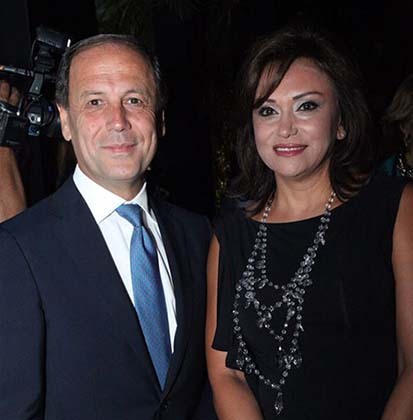By Magda Abu-Fadil Director of Media – Huffington post

The ax is falling hard, and fast, on Lebanese journalists as
media cut budgets, hire younger staffers, increase their online presence, seek
cheap solutions, duke out their political and sectarian differences, but still
fumble over monetization and quality content. The latest victim is Dolly Ghanem, a veteran anchor and morning
talk show host on LBCI TV, who was shoved off newscasts in 2011 and relegated
to second fiddle talk show ranks before being laid off. Ghanem’s former colleague Mona Saliba, who migrated to MTV Lebanon News to report, anchor, and
host a public affairs show, tweeted: “Colleague and friend Dolly Ghanem outside
LBCI. The screen will miss Dolly, her sobriety, fun spirit, spontaneity and
sophistication.”









